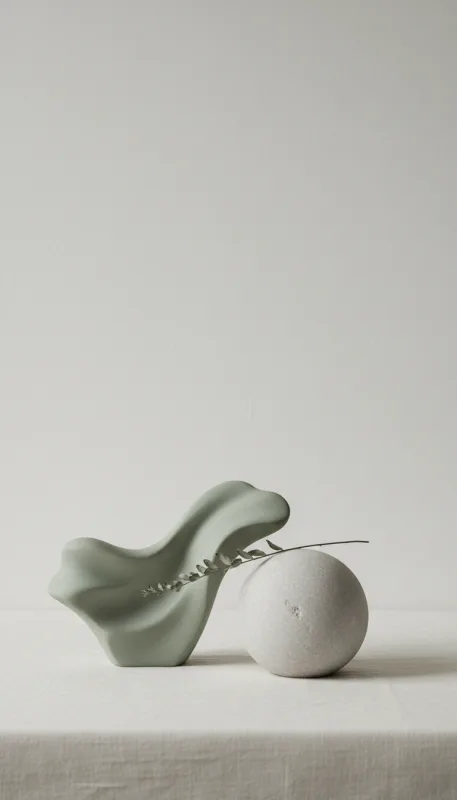The use of journaling for therapeutic purposes was recommended by Freud in his seminal 1900 work, "On the Interpretation of Dreams." In 1996, journaling went mainstream when Sarah Ban Breathnach's "Simple Abundance: A Daybook of Comfort and Joy" became an Oprah Book Club book-of-the-month selection. Today, books on journaling therapy dot the shelves of self-help and new age sections in most book stores.
Gratitude
The therapeutic value of reflecting on what one is grateful for is at the center of Breathnach's conception of simple abundance. By faithfully keeping a daily gratitude journal, you can develop a more positive viewpoint through articulating not extraordinary events, but the ordinary daily pleasures we so easily take for granted.
Therapy
Writing is a distancing activity. Writing about your emotional or mental states takes these often confusing realms and places them at a step removed. Therapy writing is not to be confused with venting or keeping a diary.Therapy writing is an organized activity in which you record your emotional states and the events that triggered them with the aim of bringing your unconscious motivations to the light of consciousness.

Home
Renovating the kitchen? Looking for a new home? Putting in a patio? Major household projects are outstanding journaling topics.
Pregnancy
A pregnancy journal can be as organized or as loose as you want it. Some mothers-to-be choose to journal their way from the first bouts of morning sickness to their baby's first birthday. Others use their pregnancy journal early on to explore their hopes and fears at the prospect of giving birth and then abandon it entirely once the baby arrives.There are no rules other than the ones you make up yourself.
Loss
We all experience loss. Death, divorce, break-ups: journaling about your grieving process is more than a comfort -- it is a place where you can express your sorrow without reservation or embarrassment.
Transitions
Starting a new job? Retiring? Heading off to college? Getting married? A journal is a great outlet for the anxieties and triumphs that accompany major transitions. The journal helps us bring the best of our old selves into new lives.
Trips/vacations
Journaling about something with predetermined start and end points is a little different than journaling about a process. For those of a literary bent, a vacation journal is a scrapbook filled with thoughts, emotions and impressions rather than poorly framed shots of the same few people over and over. A picture may be worth a thousand words, but a vacation journal can be worth a thousand pictures.You Might Also Like :: Food Journal Ideas
Save for later
Found this helpful?
Pin this article to your Pinterest board and come back to it whenever you need a reminder.
Save to Pinterest


